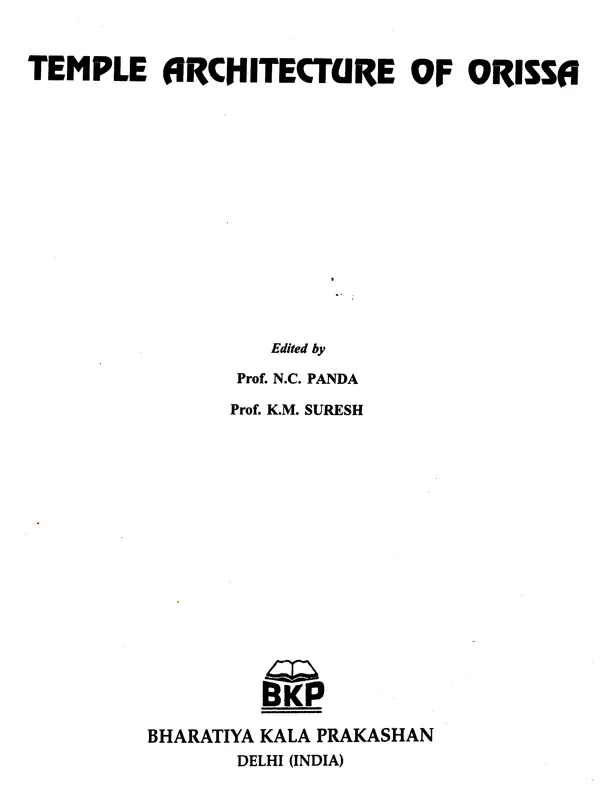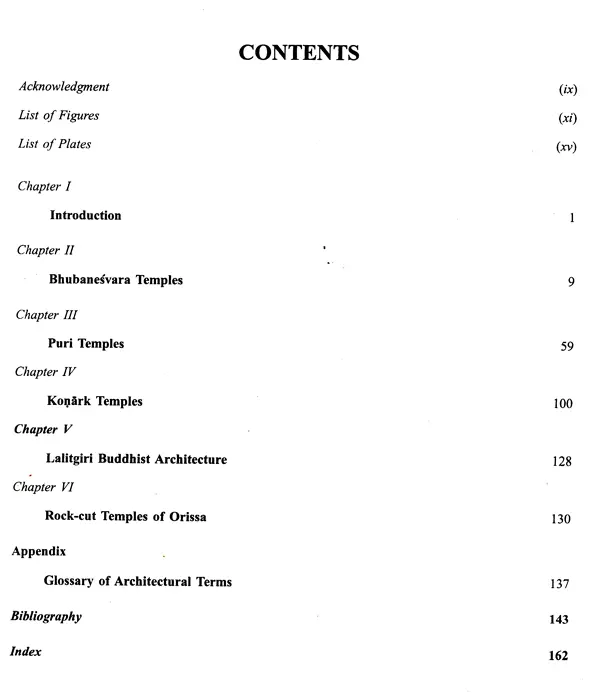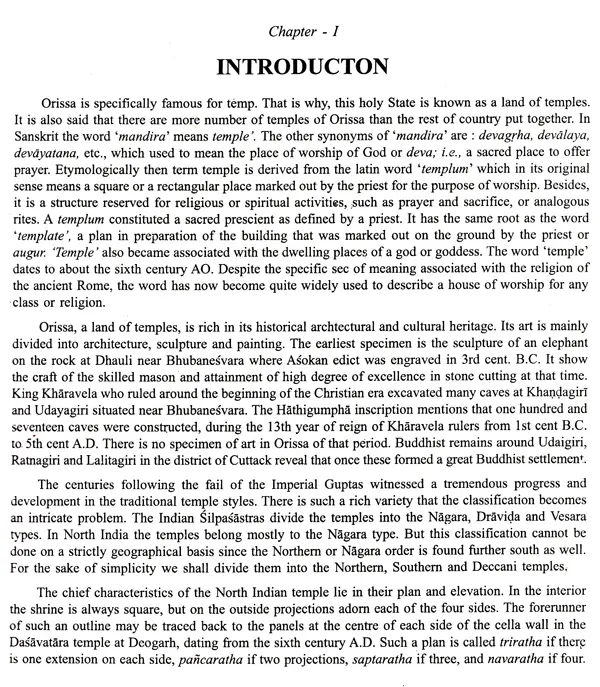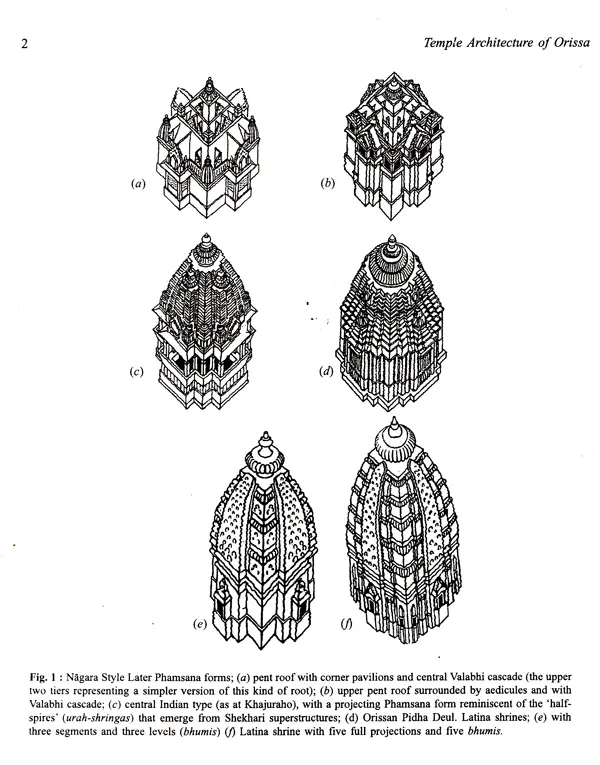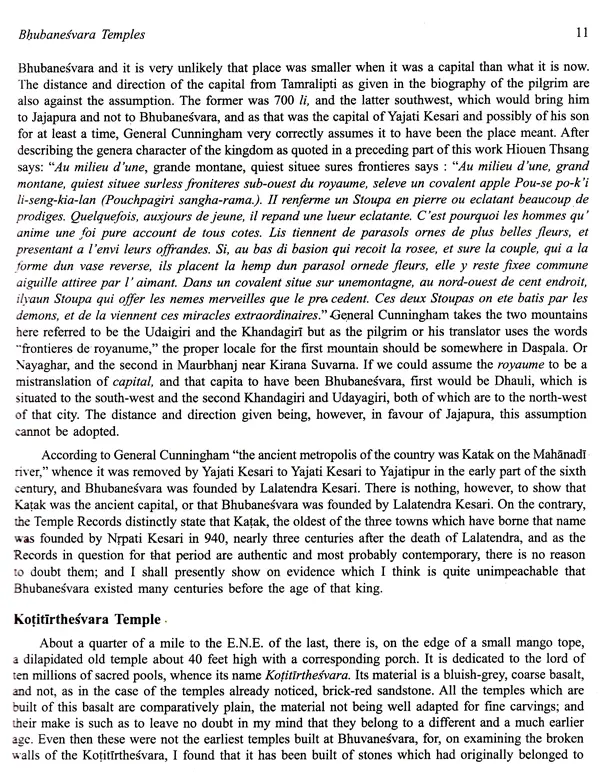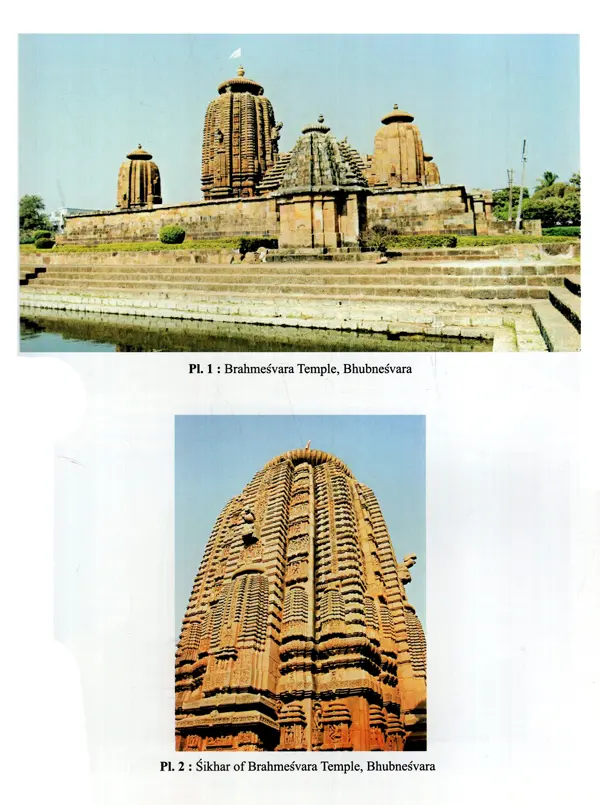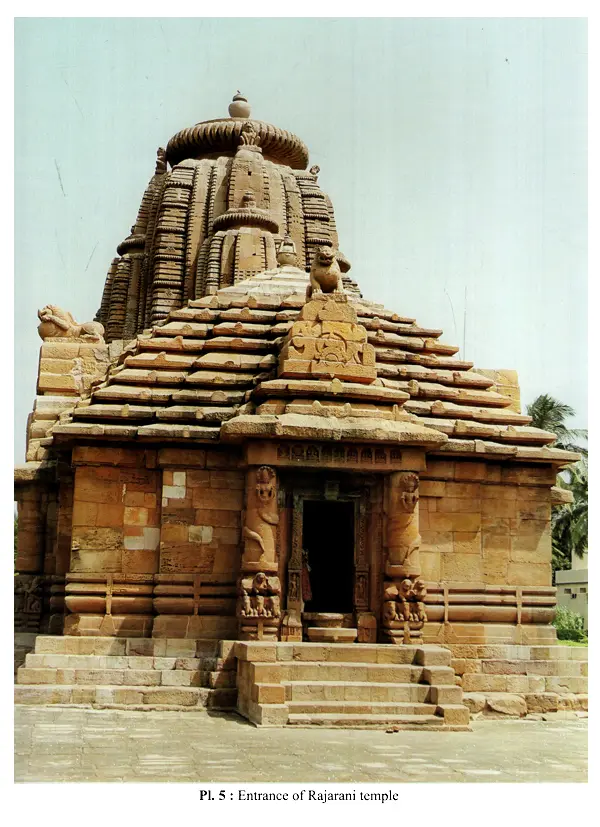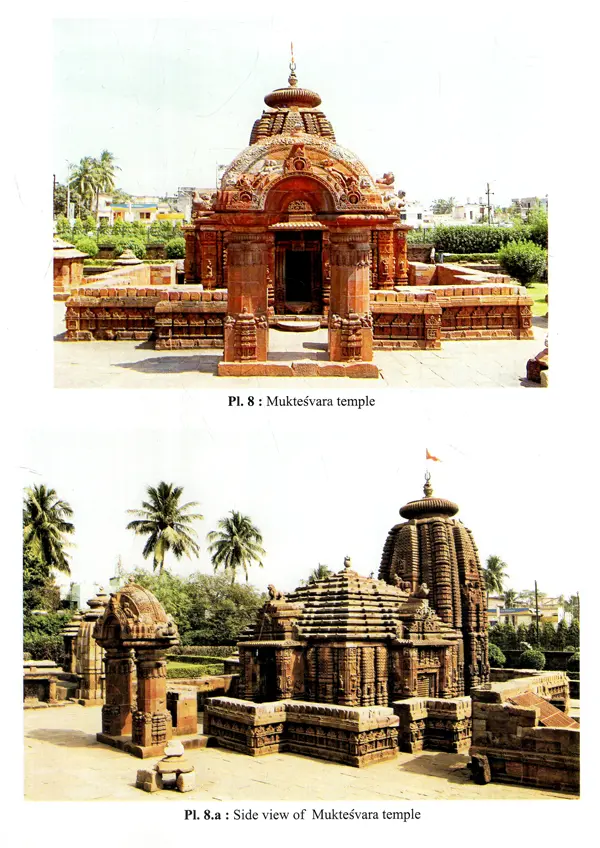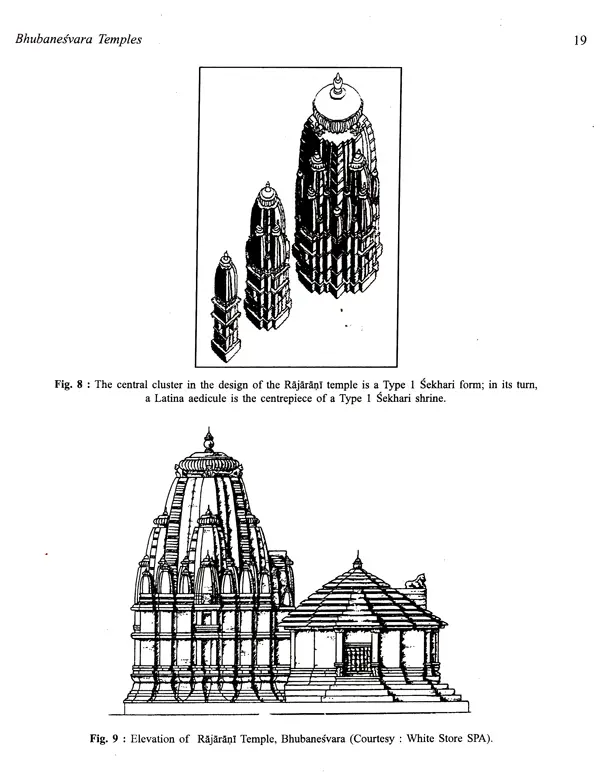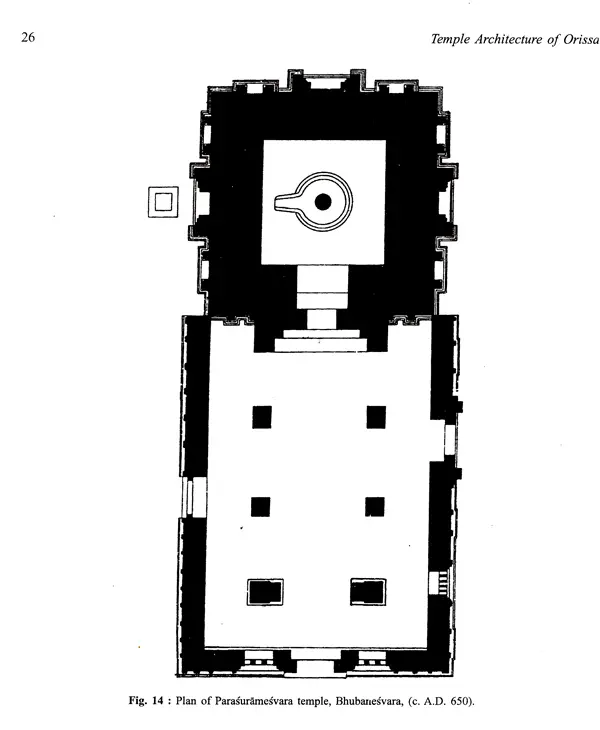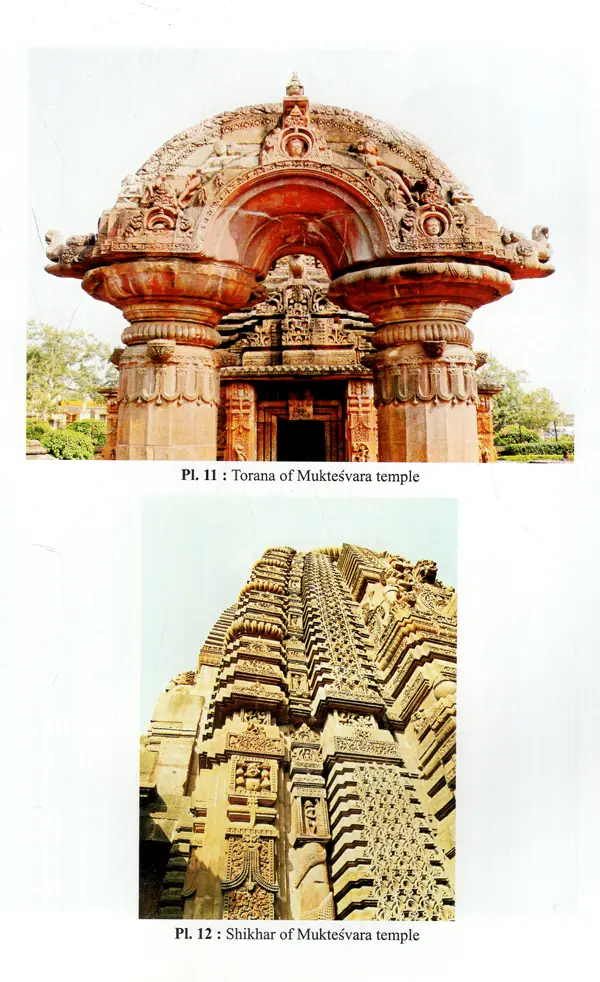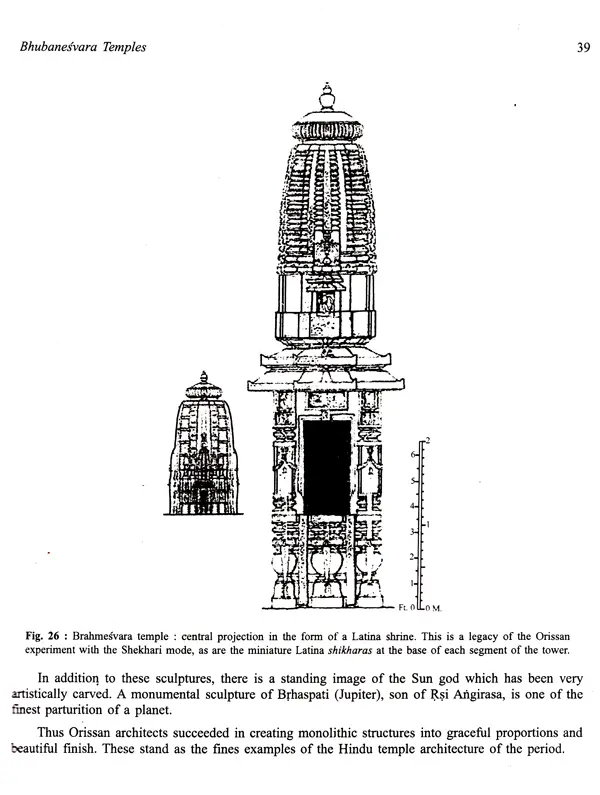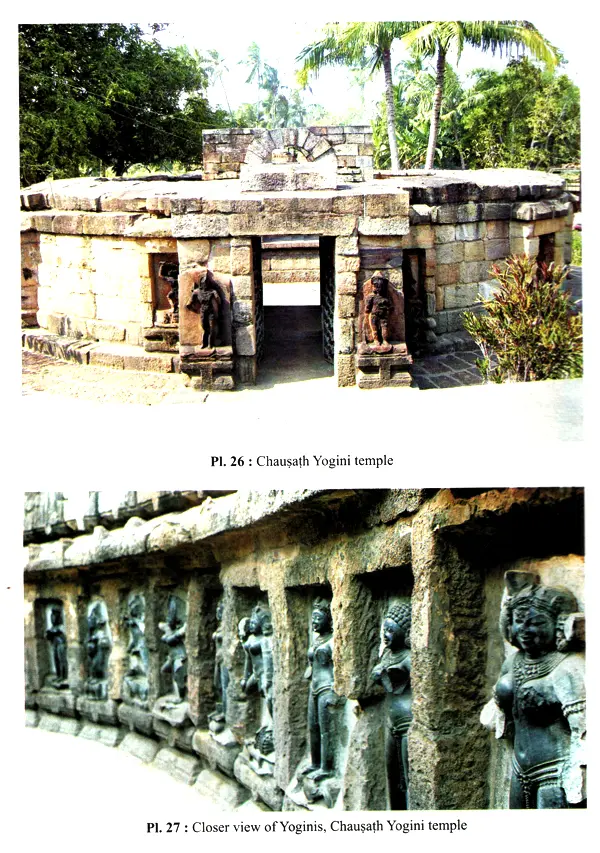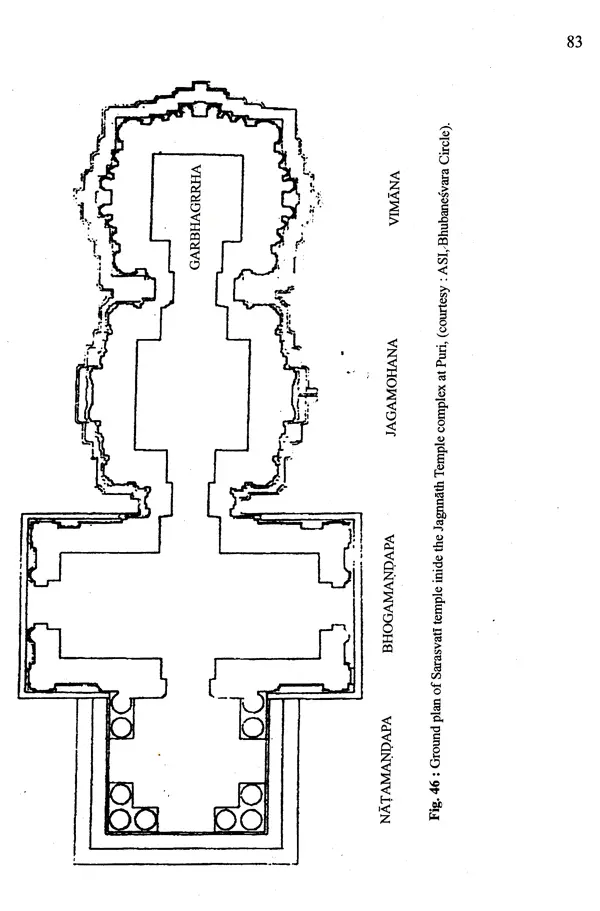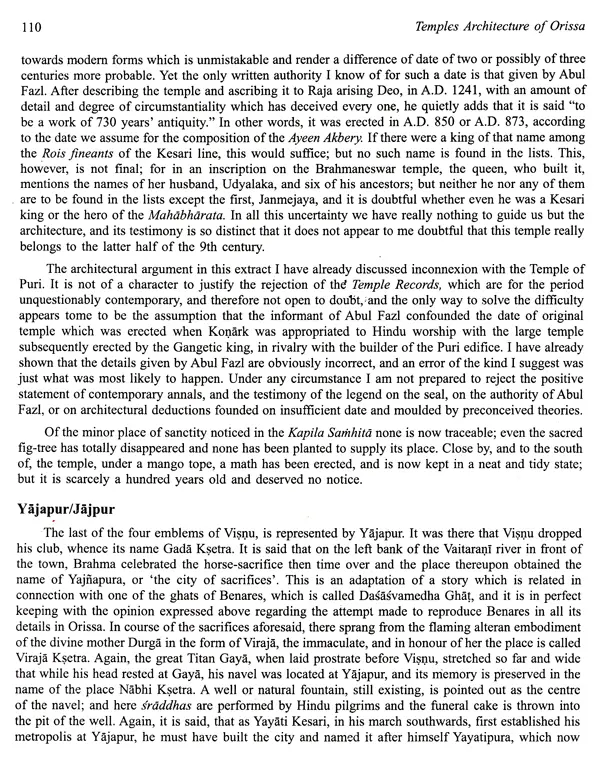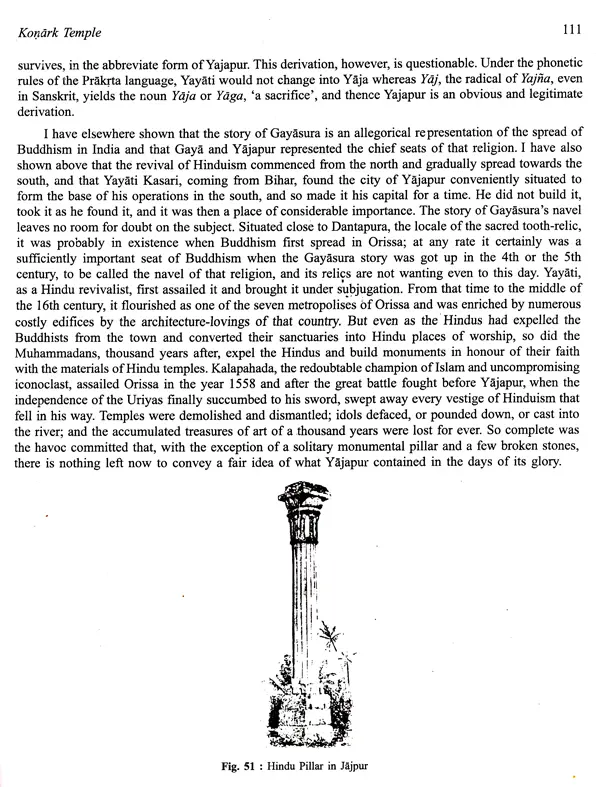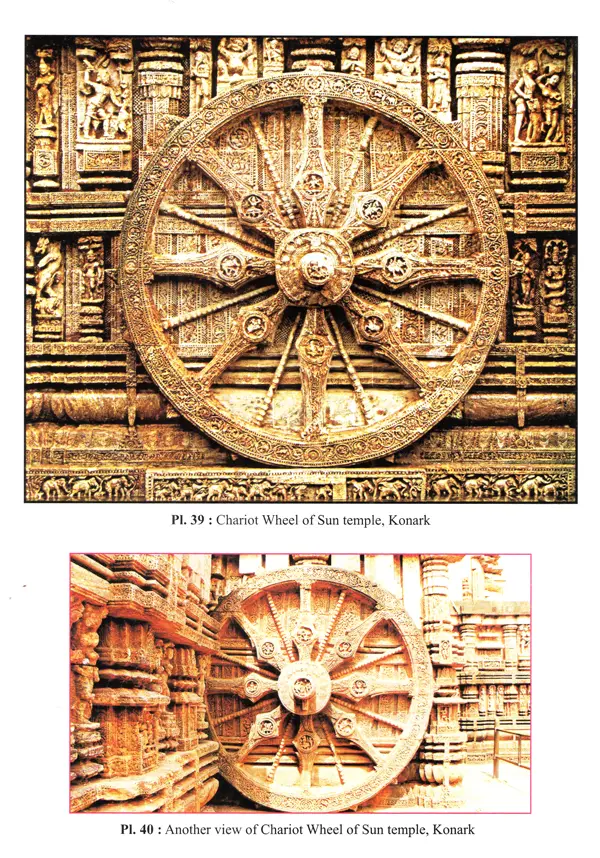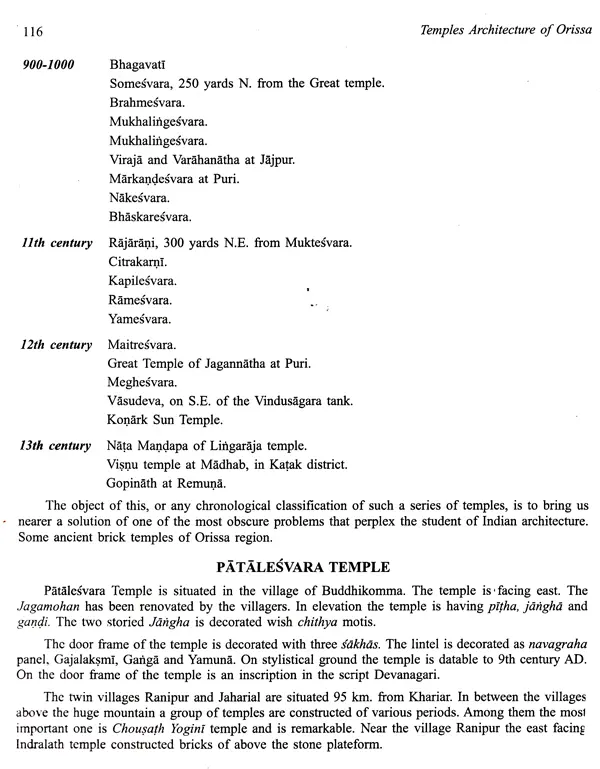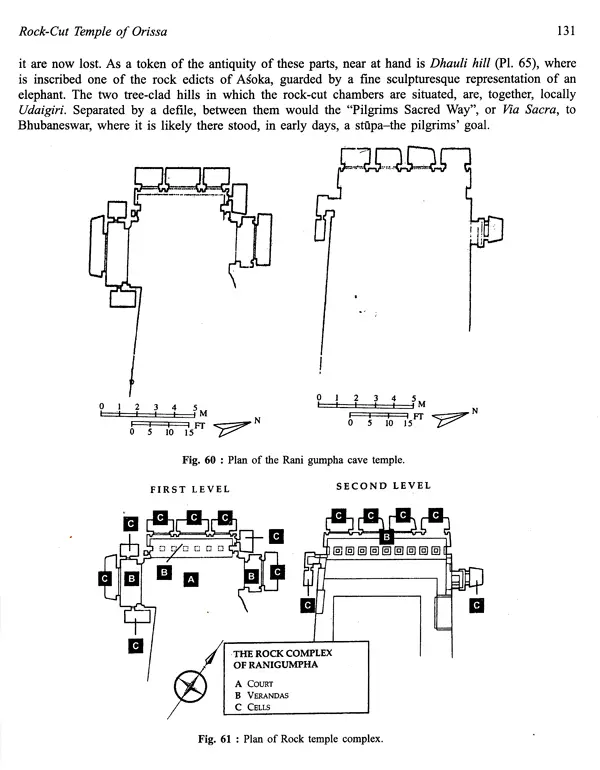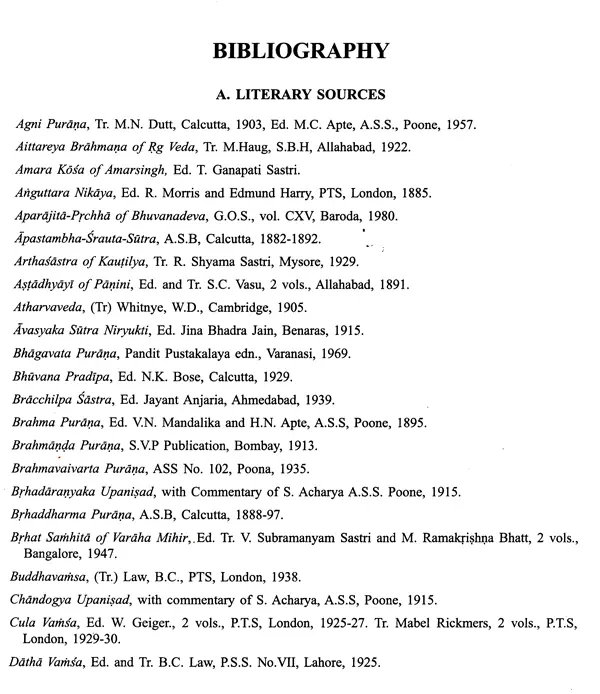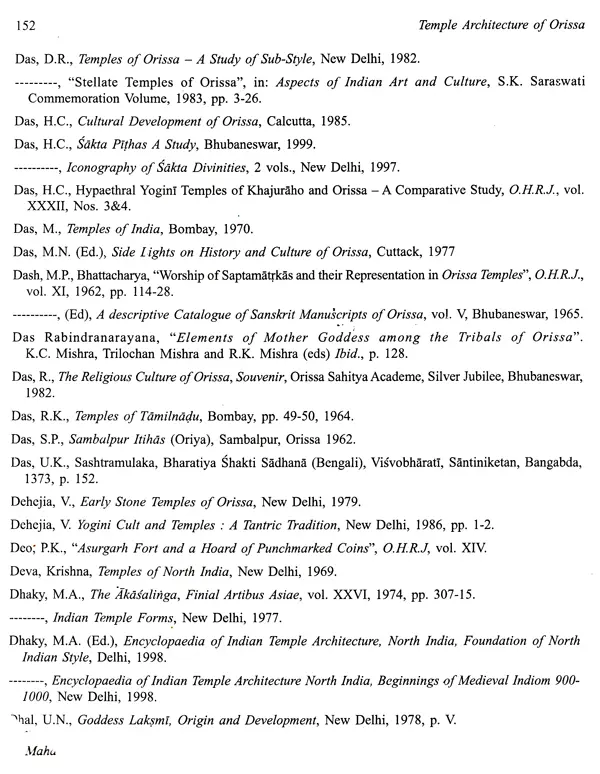
Temple Achitecture of Orissa
Book Specification
| Item Code: | UAN389 |
| Author: | Prof. N. C. Panda & Prof. K. M. Suresh |
| Publisher: | Bharatiya Kala Prakashan |
| Language: | English |
| Edition: | 2014 |
| ISBN: | 9788180903274 |
| Pages: | 185 |
| Cover: | HARDCOVER |
| Other Details | 11.00 X 9.00 inch |
| Weight | 1 kg |
Book Description
The Orissan temple architecture ranging from seventh century to thirteenth century A. D.. however corresponds to an altogether different category for their unique representations called Kalingan style of temple architecture. Though, broadly they come under the Northem or Nagara style, they have certain special features which are uniquely their own. The Orissan temples are of three types. viz (i) Rekha Deula, (ii) Khakhara Deula, and (i) Pidha or Bhadra Deula. The temples of Orissa exhibit a majestic grandeur. An Orissan temple (deula) usually consists of a sanctum, one or several front porches (jagamabana) usually with pyramidal roofs, a dancing hall (Nata-mandira) and a hall of offerings, i.e. bhoga-mandira.
It is fact that the temples at Orissa provide some of the finest examples of Indo Aryan style of temple architecture, which is distinct from the South Indian style. This book mainly contains three chapters.
The first chapter speaks about the temples of Bhubaneswar. The second chapter describes the temples of Puri and the third chapter elaborates the features and importance of Konark Sun temple in detail. However, the book aims at studying the Architectural aspect of the Orissan temple. The students, scholars and the general readers may get detail information about the various temples of Orissa.
After graduation from Utkal University and Post-graduation and M.Phil. Degrees from Kurukshetra University, he obtained Ph.D. degree in Vedic Studies from Panjab University, Chandigarh. In addition to these Dr. Panda also qualified in other Indological branches like Buddhism (Acharya), Kashmir Saivism (M.Phil.). Indian Philosophy (Acharya), Ayurveda Ratna and C.C. in German.
Dr. Panda is the Joint Editor of Vishveshvaranand Indological Research. Journal.
Dr. K.M. Suresh (Born 1952) former Registrar and Director (Museum) in the Kannada University, Hampi in Karnataka, obtained his M.A.. from Karnataka University, Dharwar in 1974 and P.G. Diploma in Archaeology from Institute of Archacology, Archacological Survey in India, New Delhi in 1986. He obtained Ph.D. Degree from Utkal University, Bhubaneswar, Orissa in 1992 on "Sculptural Art of Hampi-Vijayanagara.".
Since his inception in the Archacological Survey of India from 1976 to 1996, he served in various capacities in the Archaeological Muscums at Bijapur, Hampi, Aihole and Badami in Karnataka and Khajuraho in Madhya Pradesh. He has been active filed worker and excavator in the Excavations Branch IV of Archacological Survey of India, Bhubaneswar in Orissa.
He has published several books on temple architecture and sculptures. He is member of many academic societies and guide to Ph.D. and M.Phil., scholars in the Kannada University, Hampi and examiner for other Universities.
**Contents and Sample Pages**
